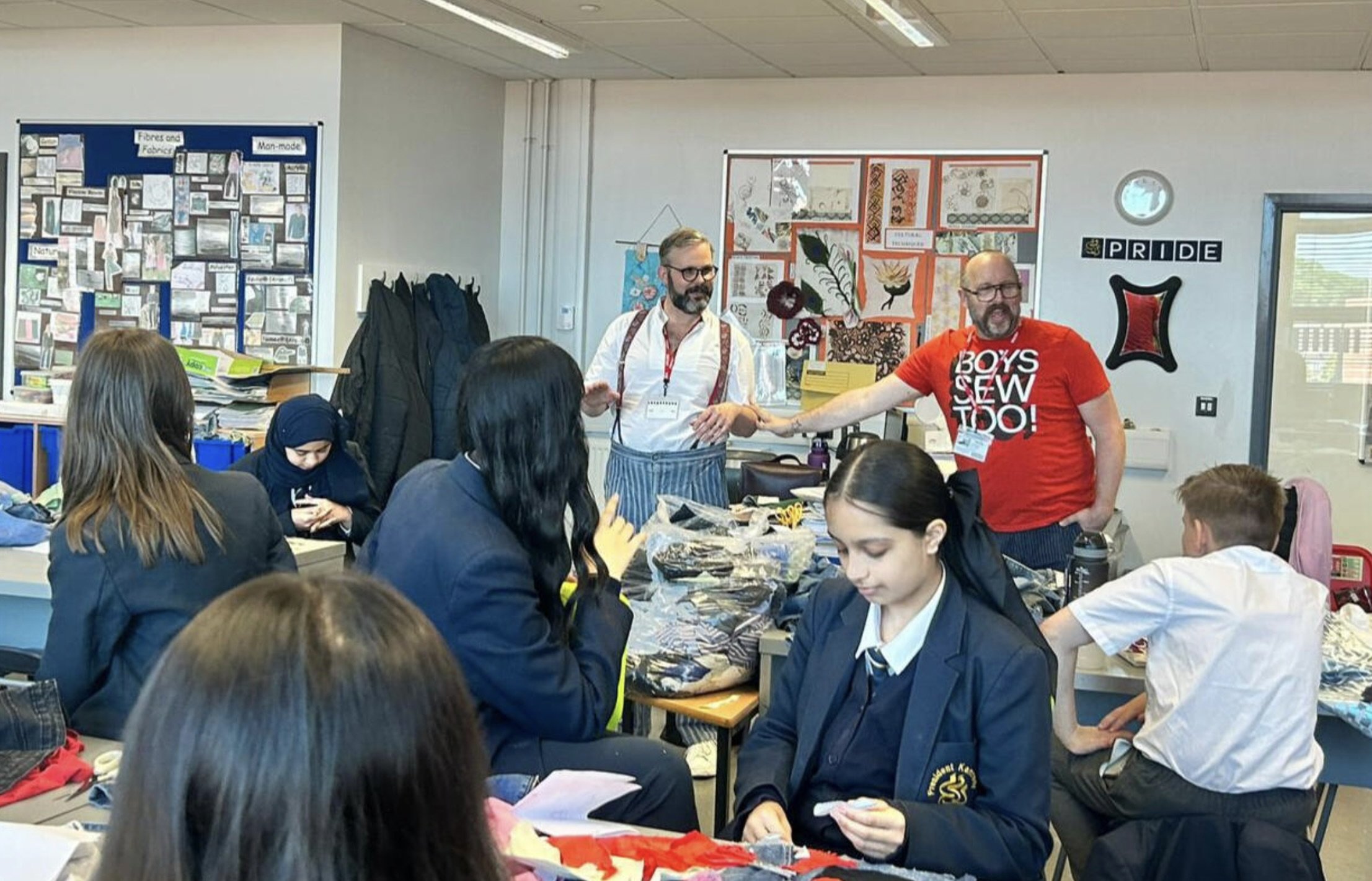Greenwashing- The Buzzword Of Recent Years. What Does It Mean? In Regards To The Fashion Industry
20.11.24- 11 pm
Written By George Cooper
Image Credit: George Cooper
The terms sustainability and greenwashing have been circulating on social media over the past few years, but what do these terms mean, and has the fashion industry taken accountability?
As younger generations demand more eco-conscious accountability, companies have begun adapting to fit this growing desire. By marketing themselves as environmentally responsible. However, some take this too far by greenwashing, a deceptive tactic where companies falsely claim sustainability. In hopes to mislead consumers and promote a false sense of sustainability and social and environmental awareness.
Sustainability, in its simplest form, is about meeting present needs without compromising future generations. It involves minimising environmental impact, promoting social equity, and building an economic system that doesn’t exploit natural resources.
The fashion industry, in particular, has come under fire throughout recent years. Shocking statistics reveal poor labour conditions and widespread environmental policy violations by major fashion conglomerates. “Three out of five fast fashion items end up in a landfill'“ stated UN Environment in 2019, which has caused an uproar on social media, prompting consumers to rethink their buying habits.
The rise of social media platforms like TikTok, influencer culture and the promotion of fast fashion brands has been on the rise as well. Fast fashion brands financially support content creators to promote their clothing, often in the form of "haul" and "try-on" videos that showcase large amounts of gifted merchandise. By sending free products and offering exclusive discounts to the influencers' audiences, these companies encourage the wasteful consumption of clothing.
Image Credit: George Cooper
On the contrary, organisations, brands and charities have been promoting how the fashion industry can take a more sustainable and eco-conscious direction.
‘Let’s Create’ is a new six-week sustainability program that has been incorporated into secondary schools across Coventry and Warwickshire, with the aim to teach the impacts of fast fashion on the climate. The program aims to educate students about textile waste and promotes upcycling, especially in denim and cotton. A pair of jeans will take approximately 3.5 litres of water to produce. All pieces of fabric used throughout the programme have been donated by Myton Hospice to condemn the use of new textiles. Led by artist Libby Esler and assistance Kate from Artlabtry, the initiative is in collaboration with the Broadweavers and Clothiers Guild of Coventry, with support from industry experts, such as Mark Francis from The Great British Sewing Bee.
Image credit: LetsCreateandReuse Website
"I’m embarrassed that it’s not included in the school curriculum," said Libby Esler when asked about her experience with teaching sustainability and environmental awareness in secondary schools. She pointed out a troubling disconnect between younger generations and their sense of responsibility for the environment. Esler shed light on how, when she first interacted with secondary school students, she said students displayed a surprising lack of understanding when asked what sustainability truly means, as well as how they try to seek out a more sustainable lifestyle.
However, Elser said that the feedback on her programme has been “truly inspiring”. With support from the guest professionals, such as Great British Sewing Bee finalist Mark Francis, sharing their expertise. Matt expressed that he wants to eliminate the desire for “shiny new things” and fully embrace the recycling of pre-loved clothes and textiles. Students have learnt about the damaging effects of the fast fashion industry on the planet and how they can incorporate the sewing and textile skills they learn throughout the programme productively in the future. Alongside this knowledge, they have learnt about the fashion industry in the hope of adopting more eco-friendly behaviours moving forward.



